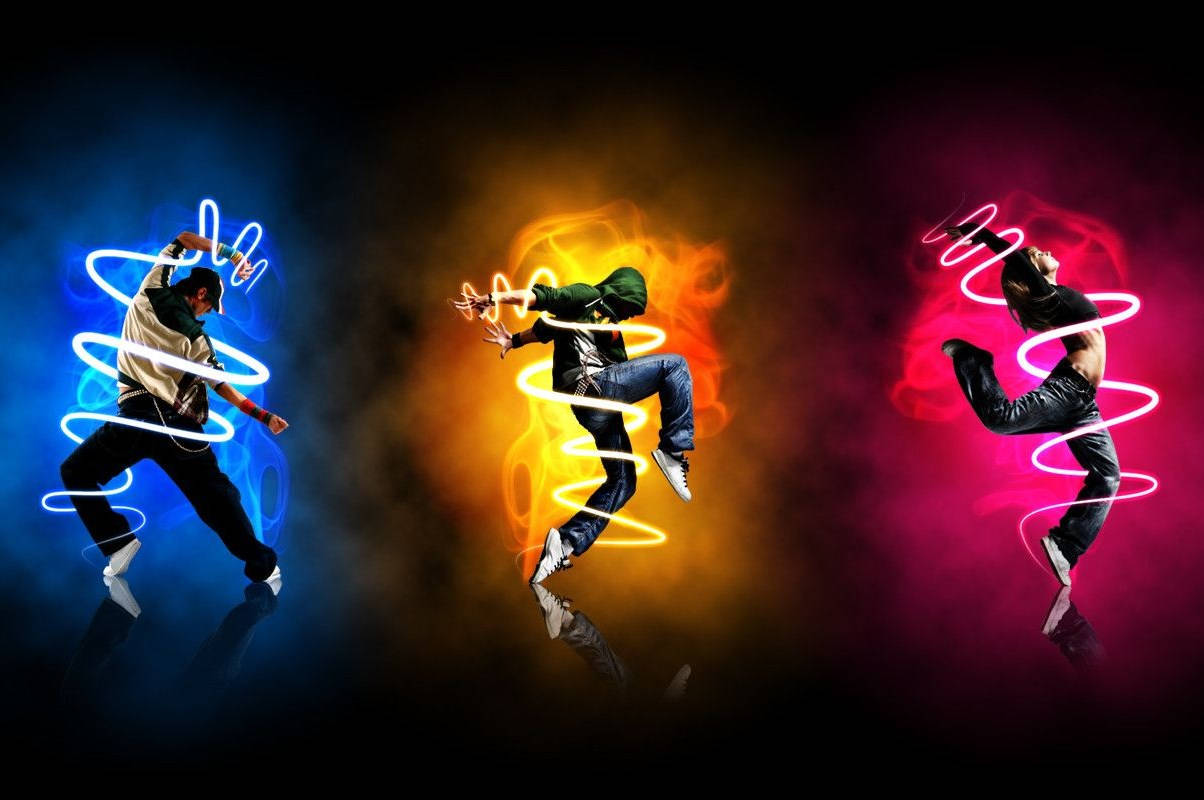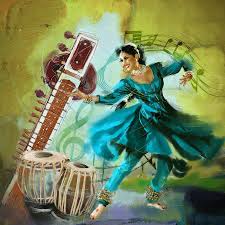Music & Dance
Music Dance
Music and Dance play a vital role in the holistic development of students in schools. They enhance creativity, boost confidence, improve emotional well-being, and contribute to both physical and cognitive growth. Integrating music and dance into the curriculum at a school like Uttam International School can provide students with opportunities to explore their talents, foster teamwork, and develop lifelong skills. Here's how music and dance can be incorporated effectively into the school environment:
1. Benefits of Music and Dance in School
-
Improved Cognitive Skills: Studies have shown that music and dance enhance brain functions, including memory, attention, and problem-solving skills. Music can also improve students' math and language abilities.
-
Emotional Expression and Well-Being: Music and dance provide outlets for emotional expression. They can help students process their feelings, reduce stress, and improve their mood. This contributes to better mental health.
-
Physical Coordination and Motor Skills: Dance, in particular, helps improve physical coordination, balance, and flexibility. Music, through rhythm, helps develop a sense of timing and motor coordination.
-
Creativity and Self-Expression: Both music and dance offer students opportunities to express themselves creatively. Whether composing music, playing instruments, or choreographing dance routines, students can explore their imaginations and build their artistic skills.
-
Confidence Building: Performing in front of others, whether in a music concert or dance recital, boosts self-confidence and reduces stage fright. These experiences help students become more comfortable with public speaking and performance.
2. Integrating Music and Dance into the School Curriculum
-
Music Classes:
- Offer music lessons as part of the regular curriculum, where students learn to play instruments (e.g., keyboard, guitar, drums, violin), explore different genres of music, and understand musical theory.
- Provide singing lessons or choir activities, allowing students to engage in vocal music and harmony.
- Introduce students to global music traditions, teaching them about different cultures through their music.
-
Dance Classes:
- Incorporate different dance forms, such as classical (e.g., Bharatnatyam, Kathak), folk, contemporary, hip-hop, or even ballroom dancing, into the curriculum.
- Teach students the fundamentals of body movements, rhythm, and expression.
- Organize regular dance practices and performances for school events or competitions, allowing students to showcase their learning.
3. Co-Curricular Activities and Clubs
-
Music Club: Establish a school music club where students can explore different instruments, form bands, and collaborate on musical projects. This club can also organize small concerts or talent shows.
-
Dance Club: A dance club allows students to work together on group performances, choreograph routines, and learn dance techniques. Students can participate in inter-school dance competitions, school festivals, or stage performances.
-
Talent Shows: Organize annual or quarterly talent shows where students can perform their music or dance routines in front of peers and teachers. This will motivate students to practice and refine their performances.
-
Workshops and Guest Artists: Regular workshops with professional musicians, dancers, or choreographers can offer students exposure to high-level skills and inspire them to take their interest in music and dance further.

